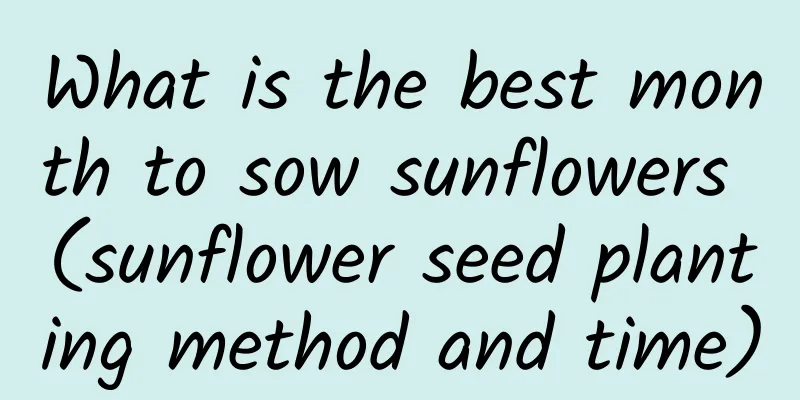Tips for Ginkgo Bonsai

Planting time and soil for ginkgo bonsaiWhen making ginkgo bonsai, you need to choose the right time. It is generally better to plant it in spring and autumn. When making ginkgo bonsai, you need to choose a deeper flowerpot because ginkgo itself is a deep-rooted plant. When planting, the soil is generally loose and fertile soil rich in humus and with good drainage. Placement of ginkgo bonsaiWhen placing ginkgo bonsai, because ginkgo is a plant that likes light, it needs to be placed in a place with sufficient light, and it is best to place it in a place with good air circulation and a relatively humid environment. However, you must pay attention to proper shading in the summer, and you can overwinter outdoors in the winter, but you must pay attention to keeping warm. Water and fertilizer management for ginkgo bonsaiWhen growing ginkgo bonsai, the soil in the pot needs to be kept moist. It should not be too dry, but there should be no accumulation of water either. In summer, because the temperature is high and evaporation is more vigorous, more watering is needed, once in the morning and evening every day. When autumn comes, watering should be reduced. As for fertilization, it is mainly to apply base fertilizer in winter. During the vigorous growth period in spring and summer, topdressing should be carried out in time. Generally, a thin layer of fertilizer water is enough, which can promote the growth of branches and leaves. Pruning of ginkgo bonsaiGinkgo bonsai requires pruning to maintain a good shape. In spring, ginkgo begins to sprout, and you can prune it at this time. The branches should be kept relatively sparse. If the bonsai is relatively small, just keep 3 to 5 branches. In order to shape the tree, the branches can be tied or pruned to achieve a certain ornamental effect. Ginkgo bonsai should be repotted in due timeGinkgo trees are usually repotted every two years, during the spring equinox. The root system of ginkgo is relatively developed, so when repotting, you can trim the roots appropriately, remove some of the soil, and then repot it. |
<<: Plants with clusters of flowers
Recommend
The leaves of the rose I just bought turned yellow
1. How to deal with it 1. Pruning: If you find th...
How to prune Desert Rose
Desert rose is a plant with high ornamental value...
A complete guide to the propagation of Amaryllis
Growth habits of Amaryllis Amaryllis needs a warm...
Can I grow woodruff at home?
Can I grow wood fragrance flowers at home? You ca...
Use it for cuttings of green radish, and it will take root as soon as you cut it, and it will be difficult to fail.
The principle of sponge cuttings From the charact...
Where does the golden nanmu grow?
Growth environment conditions of Phoebe nanmu Pho...
Can roses be repotted in summer? What season is suitable for repotting?
Can roses be repotted in summer? Roses are more s...
Time and method of planting northern mustard tuber
Planting time of mustard tuber in the north North...
Symptoms and prevention methods of 9 major diseases and pests of succulents
First place: scale insects I often see tiny scale...
How to cut the green radish in hydroponics
1. Cutting method 1. To grow green radish in wate...
Cultivation methods and precautions of longevity bamboo
Longevity bamboo, also known as bamboo cypress , ...
How often should I water my camellia?
How often should I water my camellia? Camellia do...
Advantages and disadvantages of blue rainy roses and how to prune them best
Among the rose varieties we cultivate, in additio...
How many years does it take for yellow peach to bear fruit?
Introduction to growing yellow peach Yellow peach...
How to trim perfume lemons beautifully
When is the best time to prune lemons? The prunin...









